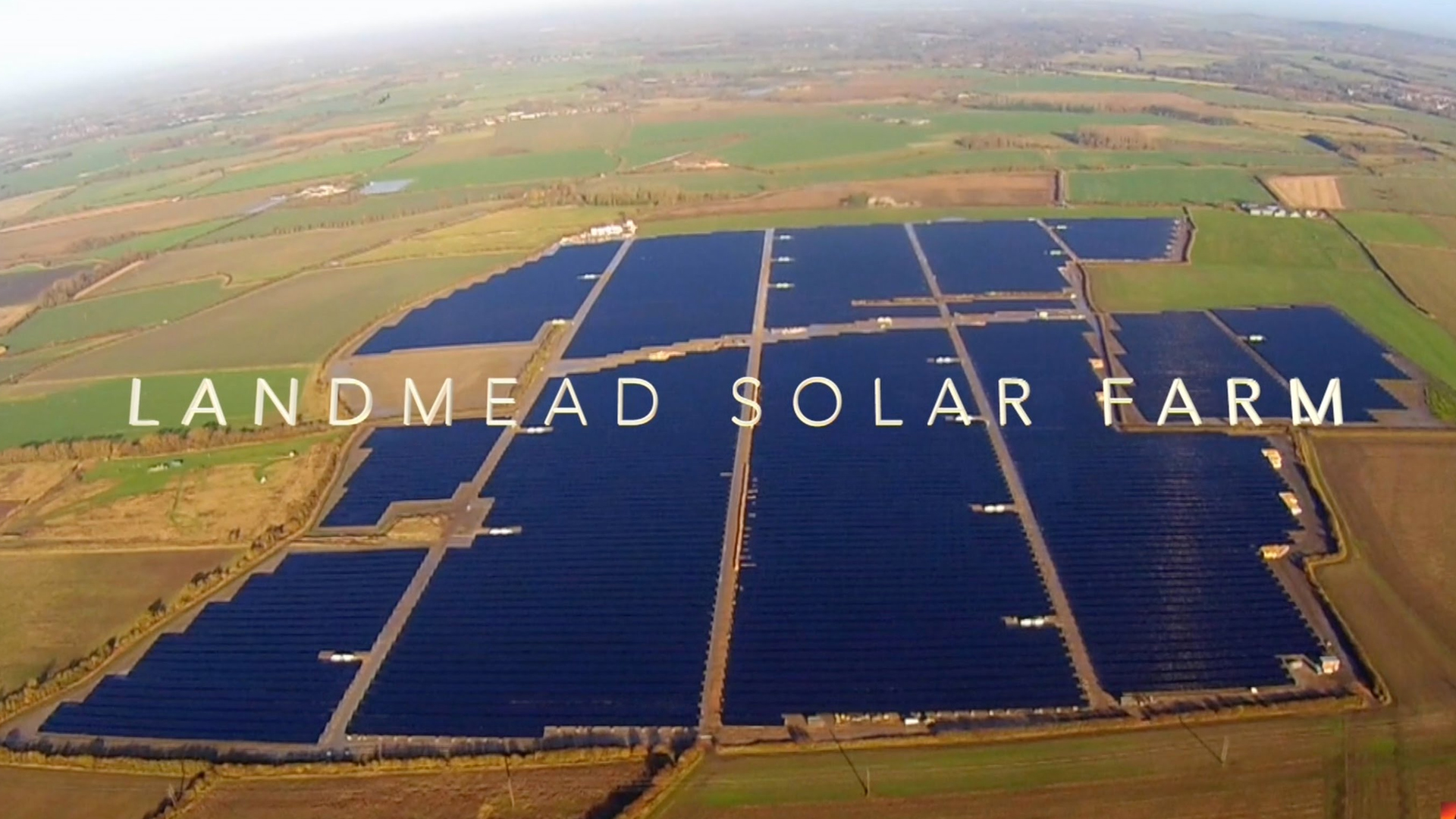EPSRC Grant To Improve Building Façade Technologies

A project to create new technologies to improve the energy efficiency of buildings is set to get underway as a group of researchers from Loughborough University, the University of Nottingham and University of Exeter have been awarded a £1.65 milliom grant from the EPSRC (Engineering and Physical Sciences Research Council).
Professor Philip Eames, of the School of Mechanical, Electrical and Manufacturing Engineering, will develop low cost optical components that can be integrated into conventional double glazing to provide comfortable annual daylight levels in buildings and reduce their annual energy consumption from annual artificial lighting, heating and cooling by more than 30%.
Buildings currently account for over 40% of total UK energy consumption and a similar percentage of the UK CO2 emissions. With this new technology, thermal resistance will be increased and solar heat gain better controlled, enabling windows to perform better than walls on a yearly basis in terms of their useful net energy balance.
Holistic approach
The project, which is being led by Nottingham's Dr Yupeng Wu, will adopt a ‘holistic approach' to developing advanced façade technologies to achieve building energy reduction goals. Glazed façades play an important role in determining a building's energy performance and perform a range of, sometimes conflicting, functions.
They regulate heat transfer to and from the external environment by radiation (solar and long wave), conduction and convection. They also allow natural daylight into the space and improve the way buildings look externally.
Improving the energy performance of windows and other openings in a building can make a significant contribution to reducing building energy loads.
The team's target is for a typical commercial building incorporating the novel glazed façade systems to provide comfortable annual daylight levels while achieving over a 20% reduction in annual artificial lighting energy consumption, space heating reductions of over 30% in the heating season and cooling load reductions of 20% in summer.
Advanced glazing
Four types of advanced glazing are being developed with input from industry partners to ensure the solutions developed will be a viable option for commercial building designers.
The new products being developed would be suitable replacements for current transparent glazing systems, offering building energy reduction through enhanced thermal resistance and optimised daylight transmittance. By recognising the range of functions played by different areas of the façade, it is possible to tailor strategies to match.
For example, those areas where view is less important can use active coatings that vary the transmission and scattering of light to direct daylight deeper into rooms, or integrate solar technologies to generate electricity or capture useful heat.
Professor Eames and Dr Wu will be working alongside Professor Tapas Mallick from Exeter University on the project.
Professor Eames commented: “It is great to be working with Dr Wu and Professor Mallick on this very important project. The ambitious goals are to develop a range of new façade systems that can contribute to reducing building end use energy demand.
“The project takes full advantage of the expertise and facilities at the three universities and includes a good mix of modelling, materials research, prototype system development and characterisation.”
Dr Wu added: “We're delighted to receive this grant. The integration in a façade system of active solar energy technologies with better performing windows paves the way for commercial buildings to become net energy producers on an annual basis.”






























